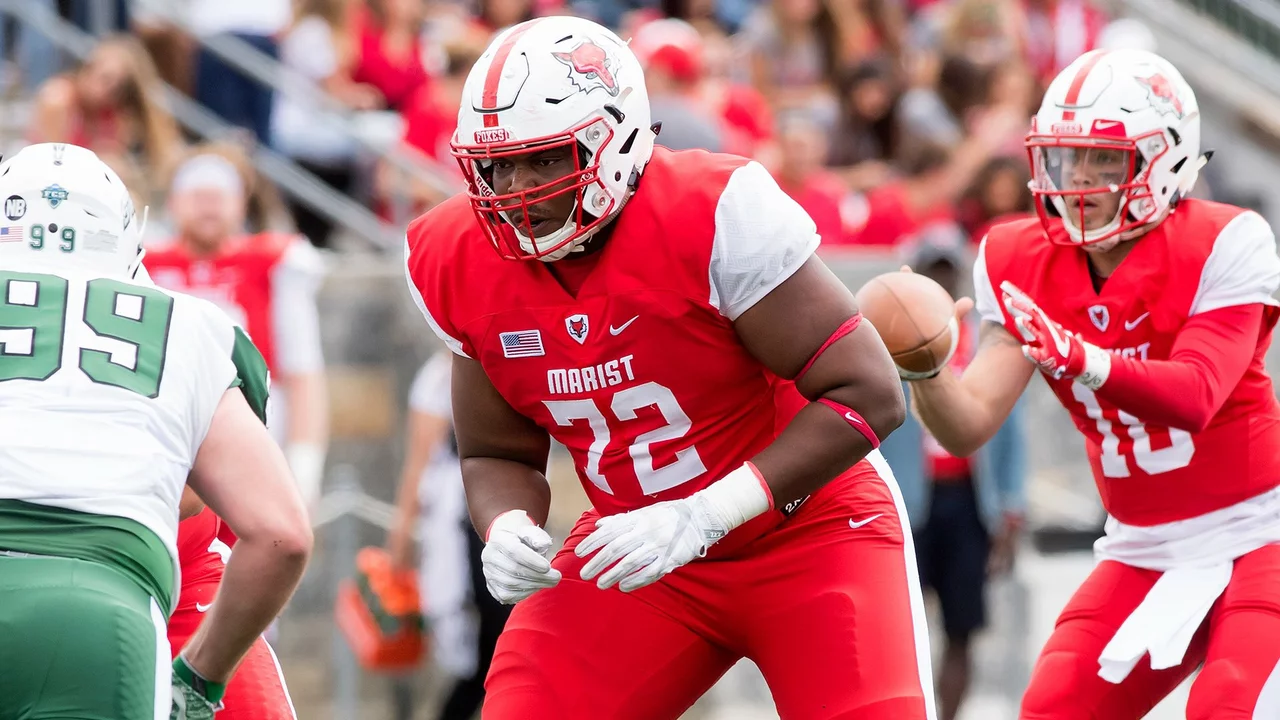football – news, analysis, and deep dives
When exploring football, the worldwide team sport played with a spherical ball, governed by rules such as off‑side and goal scoring, and followed by billions of fans. Also known as soccer, it fuels massive leagues, international tournaments, and a bustling back‑room ecosystem. One key part of that ecosystem is the sporting director, the executive who steers player recruitment, long‑term strategy, and club culture, a role highlighted by figures like Monchi and Dan Ashworth. The sport’s premier competition, the Champions League, an annual European club tournament that pits top teams against each other for the coveted trophy, showcases how strategic decisions echo on the pitch. Beyond the grass, the North American version of the game, the NFL, the professional American football league known for its 32‑team structure and high‑impact play, offers a different set of practices and a marquee event, the Super Bowl, the championship game that draws record viewership and intense speculation each year. All these pieces connect, forming a web where tactics, management, and fan culture intertwine.
Why football matters beyond the pitch
Take the recent football showdown where Inter Milan crushed Slavia Prague 3‑0, a match that turned into a case study on how a sporting director’s recruitment choices pay off on the biggest stage. The article on sporting directors digs deeper, explaining why clubs now treat the role as the engine behind every transfer, training philosophy, and trophy hunt. Switch continents and you’ll see Boston’s sports mania spilling into football conversations, proving that a city’s passion can boost a team’s market value and player morale. Across the Atlantic, the NFL’s three‑to‑four‑day weekly practice routine reveals how intensity and recovery balance impact performance—insights that football coaches borrow when planning training cycles. And while rumors swirl about the Super Bowl being fixed, the debate underscores how fan trust and media narratives shape the perception of any marquee event, football included. Together these stories illustrate that football isn’t just a 90‑minute game; it’s a cultural, economic, and strategic powerhouse.
Below you’ll find a hand‑picked collection of articles that dive into match analysis, back‑room roles, league structures, and the crossover moments that make football a year‑round obsession. Whether you’re looking for tactical breakdowns, management lessons, or the latest controversy buzz, the posts ahead offer practical takeaways and fresh perspectives to keep you ahead of the curve.
What division is Marist College football?
As a sports enthusiast, I found it interesting to delve into the specifics of Marist College football. Marist College competes in the Pioneer Football League, which is a Division I FCS (Football Championship Subdivision) conference. This means they compete at a high level, but not at the highest level of college football, which is the Football Bowl Subdivision. It's important to note that even though it's not the top tier, the competition is fierce and the level of skill is high. I was impressed by their commitment to both academics and athletics.
Why hasn't the USA ever won the World Cup football?
The United States has never won the FIFA World Cup, despite its status as a global superpower and its deep-rooted love of football. The lack of success can be attributed to several factors, including a lack of investment in the youth game and a lack of international experience in the players. Additionally, the USA has historically been at a disadvantage due to its lack of a professional football league. This means that the nation's players lack the experience of playing against the world's best teams and are instead restricted to the domestic game. The USA is also not as passionate about football as other nations, with the country's culture often prioritizing other sports such as baseball and American football. As a result, the USA has not been able to make the required breakthrough to win the World Cup.

